Research, News & Discoveries
-

-
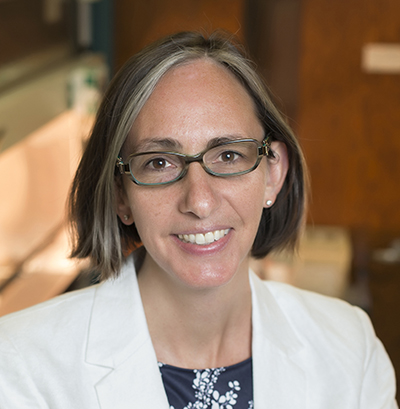
Study reveals critical first steps to cancer
As cells grow and divide, their DNA needs to be accurately replicated and properly segregated to new cells. Errors during replication or segregation can alter the genome and promote cancer. Now, researchers at Vanderbilt University Medical Center have identified the mechanism by which the enzyme and tumor suppressor SETD2 prevents… Read MoreSep. 28, 2023
-
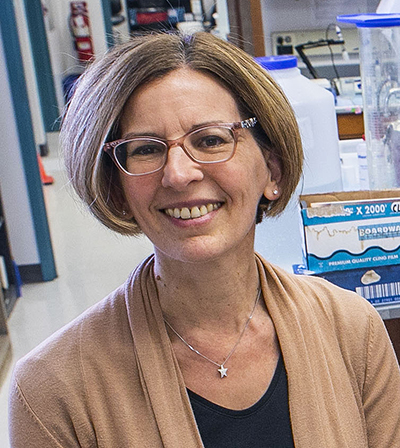
$3M NSF grant to advance biomanufacturing
A team of Vanderbilt engineers, biologists and education specialists have received a $3 million grant from the National Science Foundation to advance large-scale biomanufacturing of cell-derived nanoparticles that can deliver precisely targeted drugs to the site of a disease. The grant is part of the NSF’s Future Manufacturing program that is… Read MoreSep. 28, 2023
-

SOM Enabling Innovation Initiative FAQs
I have a concept or prototype for an invention, biological material, software, or document/content (“matter”) that I think should be legally protected as my intellectual property. What should I know and what should I do? Document the conceptualization and development of your “matter” in writing (as in a lab… Read MoreSep. 22, 2023
-

Michael Rapé, ubiquitin researcher, to present an Apex Lecture on Sept. 29
By Kate Carter To highlight major inflection points in research, the Vanderbilt School of Medicine Basic Sciences launched the Apex Lecture Series in 2023, which allows the Basic Sciences community to engage with researchers from around the world who are influencing the trajectory of their fields. Read MoreSep. 22, 2023
-
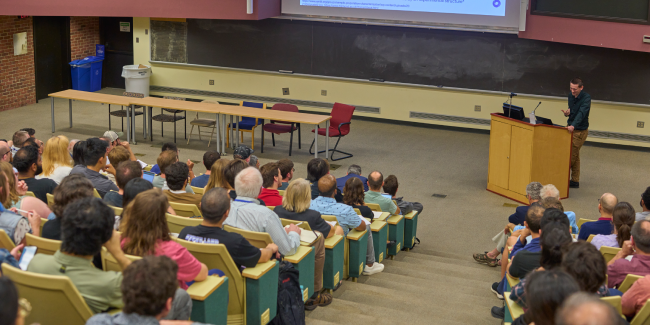
Apex Lecture presented by renowned AlphaFold founder
The Aug. 30 School of Medicine Basic Sciences Apex Lecture featured visionary biophysicist John Jumper (BS’07). His talk described AlphaFold, the revolutionary protein structure-predicting program, that he co-developed. Read MoreSep. 13, 2023
-
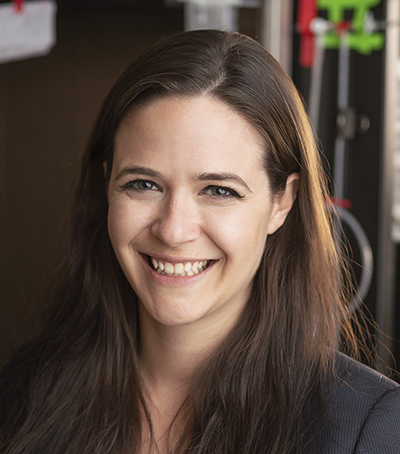
Erin Calipari receives $2M to study how alcohol use disorder develops in the brain
Erin Calipari, associate professor of pharmacology and associate director of the Vanderbilt Center for Addiction Research, has received a grant of nearly $2 million from the National Institute on Alcohol Abuse and Alcoholism to understand what happens in the brain that makes… Read MoreSep. 13, 2023
-
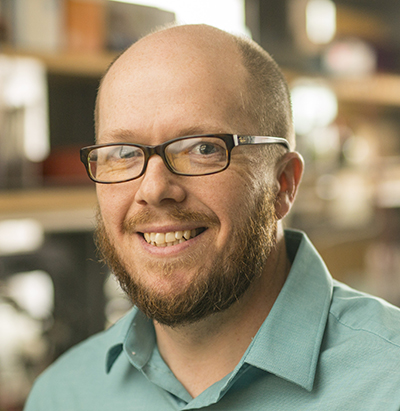
Vanderbilt scientists make headway in drug development to cure pulmonary arterial hypertension
Research by David Merryman and Craig Lindsley has resulted in the development of VU6047534, a new drug that treats pulmonary arterial hypertension—a type of high blood pressure that affects arteries in the lungs and in the heart—without serious neurological side effects. The article, “Development of a Peripherally Restricted… Read MoreSep. 13, 2023
-
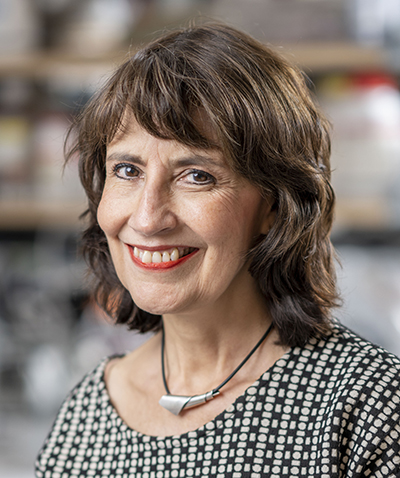
Nancy Carrasco receives 2024 Award for the Biophysics of Health and Disease
Nancy Carrasco, MD Please join us in congratulating Nancy Carrasco, Joe C. Davis Chair in Biomedical Science and chair of the Department of Molecular Physiology and Biophysics, for receiving the 2024 Award for the Biophysics of Health and Disease from the Biophysical Society. Carrasco’s lab focuses on understanding… Read MoreSep. 13, 2023
-
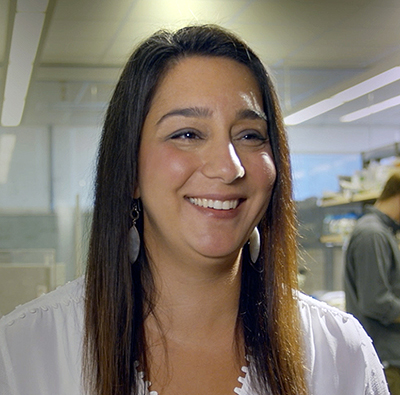
Foundation funds research to block drug resistance in cancer treatment
The Robert J. Kleberg, Jr. and Helen C. Kleberg Foundation has awarded a three-year grant to support research led by Houra Merrikh, PhD, professor of Biochemistry, and Ben Ho Park, MD, PhD, the Benjamin F. Byrd Jr. Professor of Oncology and director of Vanderbilt-Ingram Cancer Center, to create an anti-evolution drug… Read MoreSep. 1, 2023